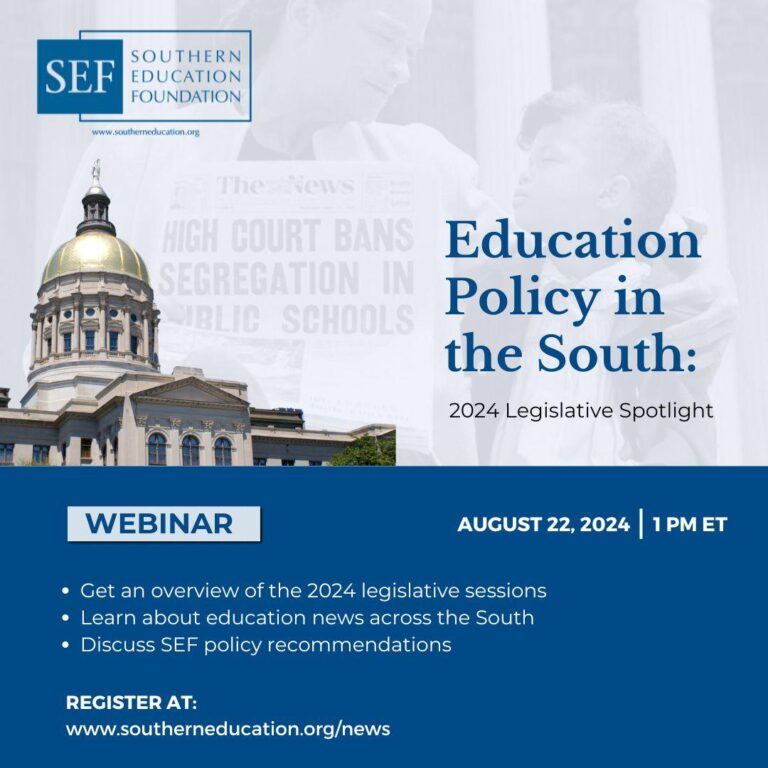Legislative developments on education policy are gaining momentum, with key proposals now advancing through the Texas Legislature. The Greater Houston Partnership, a leading voice in regional business and economic growth, is closely monitoring these shifts, emphasizing the critical impact of educational reforms on workforce development and regional competitiveness. As lawmakers debate and shape new policies, stakeholders across Houston and beyond are watching how these decisions will influence the future of education and economic opportunity in the state.
Education Reform Bills Gain Momentum in Texas Legislature
Recent sessions in the Texas Legislature have seen a surge in activity surrounding key education reform initiatives. Lawmakers are prioritizing measures designed to enhance curriculum standards, increase funding for under-resourced schools, and expand access to vocational training programs. Advocates emphasize that these reforms are critical to bridging achievement gaps and preparing students for a competitive global economy.
Among the key components gaining bipartisan support are:
- Investment in STEM Education: Allocating additional resources towards science, technology, engineering, and math to foster innovation at the K-12 level.
- Teacher Retention Incentives: Introducing bonuses and professional development opportunities to attract and maintain high-quality educators.
- Early Childhood Development: Expanding access to pre-kindergarten programs, particularly in underserved communities.
| Bill Number | Main Focus | Status |
|---|---|---|
| HB 2024 | STEM Expansion | Passed House |
| SB 1097 | Teacher Bonuses | In Committee |
| HB 3165 | Early Ed Access | Awaiting Senate |
Impact of Proposed Policies on Houston School Districts
Recent legislative proposals stand to reshape the operational landscape for Houston’s school districts, introducing a blend of challenges and opportunities. Funding formulas are under scrutiny, with potential adjustments aimed at directing more resources toward underserved communities. This could result in enhanced support for programs targeting literacy, STEM education, and mental health services. However, districts may also face new accountability standards tied to student performance metrics, which could influence budget allocations and staffing decisions.
Key elements under consideration include:
- Revised funding distribution: Emphasis on equity-based allocation to close achievement gaps.
- Expanded school choice: Policies facilitating charter growth and voucher options.
- Teacher retention incentives: Grants aimed at recruiting and keeping skilled educators in high-need schools.
Below is a concise summary of projected impacts on select Houston districts, highlighting shifts in funding and program focus:
| District | Funding Change | Focus Areas Enhanced |
|---|---|---|
| Houston ISD | +8% | Early Childhood, Mental Health |
| Spring ISD | +5% | STEM Programs, Teacher Training |
| Alief ISD | +7% | Bilingual Education, Technology Access |
| Cypress-Fairbanks ISD | +4% | Career Readiness, Special Education |
Stakeholder Responses to Education Initiatives in Greater Houston
Responses from key stakeholders in Greater Houston have been notably diverse, highlighting the complex landscape of education reform. Parents’ groups have largely praised the push for enhanced curriculum standards, emphasizing that students need adaptive learning environments to thrive in a rapidly changing economy. In contrast, some educators express concern over the implementation timeline, cautioning that insufficient professional development support could hinder classroom effectiveness. Meanwhile, business leaders advocate for increased investment in STEM programs, asserting that a future-ready workforce depends on early exposure to technology and innovation.
Community organizations and policymakers have also weighed in with varying perspectives:
- Nonprofits stress equity in resource allocation to close achievement gaps.
- School board members highlight the need for robust accountability measures.
- Local government officials push for partnerships that enhance vocational training pathways.
| Stakeholder | Primary Concern | Suggested Focus |
|---|---|---|
| Parents | Adaptability of curriculum | Learner-centered environments |
| Educators | Implementation support | Ongoing training |
| Business Leaders | STEM development | Workforce readiness |
| Community Groups | Educational equity | Resource distribution |
Strategic Recommendations for Enhancing Policy Outcomes
To maximize the impact of current education policies under discussion, a prioritized focus on data-driven decision-making is essential. Lawmakers and stakeholders are encouraged to systematically integrate performance metrics and student outcomes to inform adjustments and future legislative efforts. Collaborative frameworks that involve educators, parents, and community leaders will further ensure that enacted policies resonate with the needs on the ground and lead to tangible improvements in student achievement.
- Enhance transparency: Regularly publish progress reports evaluating policy implementation outcomes.
- Invest in teacher development: Allocate resources to continuous professional training aligned with emerging educational challenges.
- Expand community partnerships: Leverage local business and nonprofit expertise to support after-school and mentorship programs.
| Recommendation | Expected Outcome | Timeline |
|---|---|---|
| Data-Driven Review Cycles | Targeted policy refinements | Bi-annual |
| Professional Development Grants | Improved instructional quality | Annual |
| Community Engagement Initiatives | Increased student support network | Ongoing |
The Way Forward
As the legislature advances a series of education policies, the Greater Houston Partnership remains a key stakeholder advocating for measures that align with the region’s economic and workforce needs. The outcomes of these legislative efforts will play a critical role in shaping the future of education and workforce development in Greater Houston. Stakeholders and residents alike will be watching closely as decisions unfold in the coming sessions.

